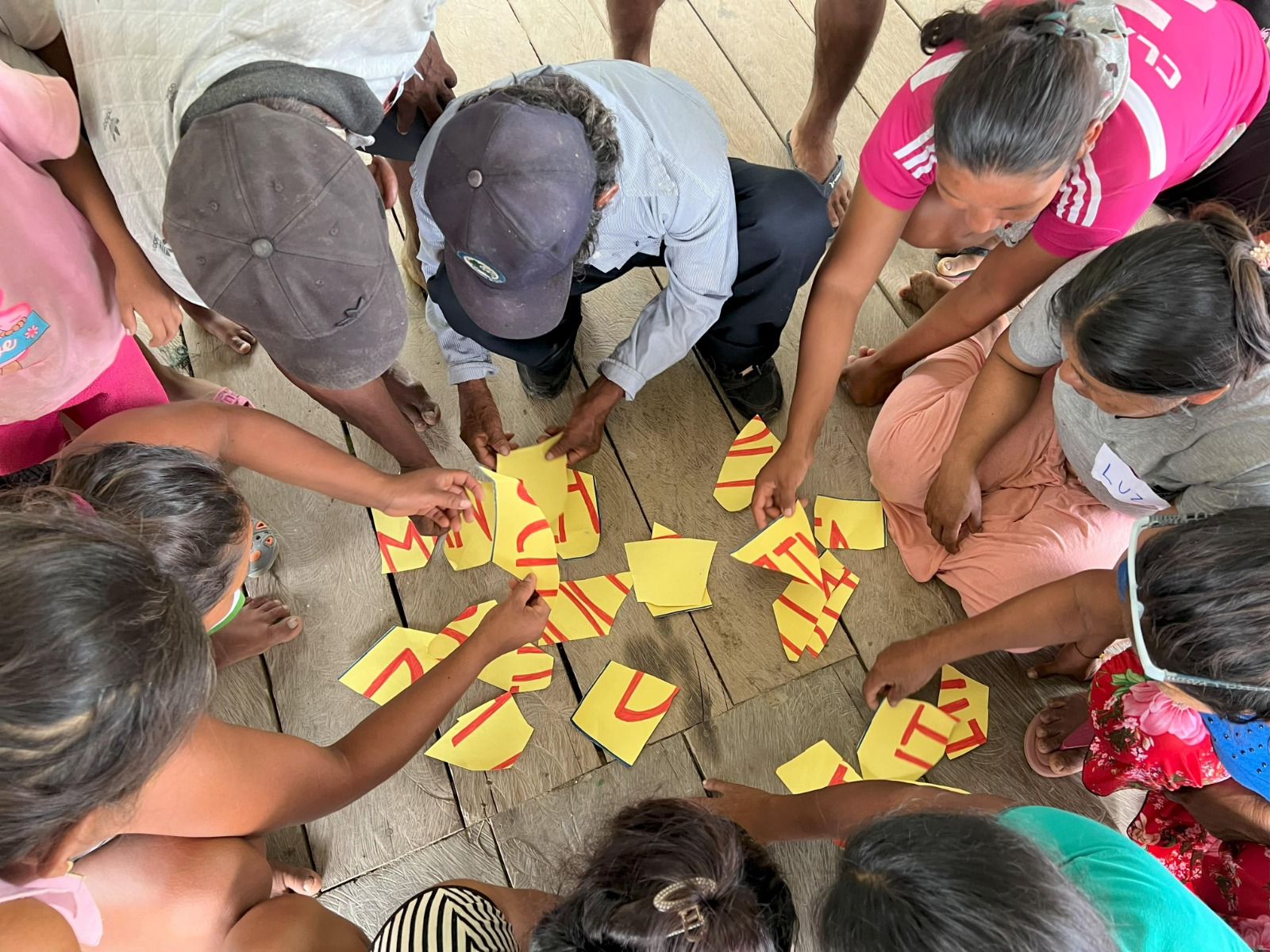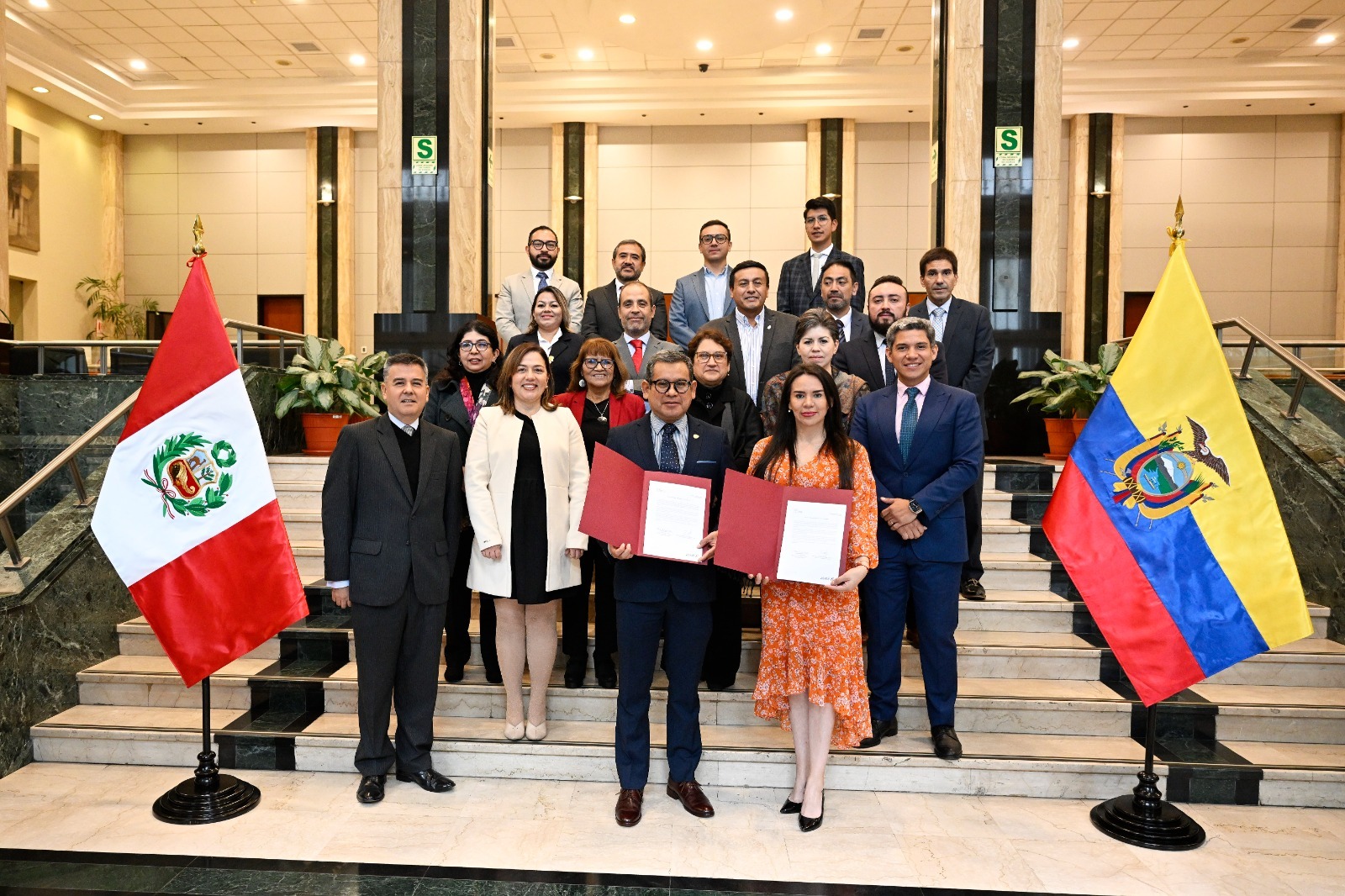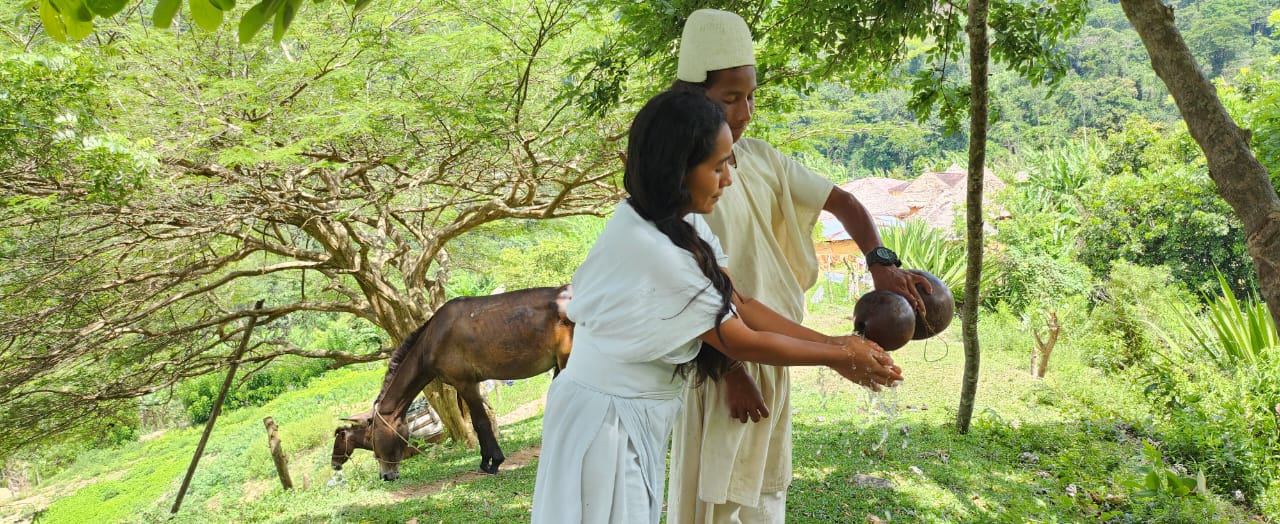Empowering Indigenous communities in Guwahati against an environmental injustice
CEESP News: Suryakanta Acharya1
In the fall of 2021, we helped Indigenous communities in Assam, India manage the government’s unjust garbage dumping practices. Our activism, along with the efforts of other NGOs and judiciary interventions, were enough to compel the municipality to shift garbage dumping elsewhere. Indigenous community members are now back to good health.
In the fall of 2021, we helped the Bodo and Mising communities in the city of Guwahati within the state of Assam, India take control over the city’s garbage dumping injustices. The municipality was dumping garbage at the outskirts of the city where Indigenous people were living. The health of the community was affected and most of the members were diagnosed with breathing and skin-related issues. Nearby agricultural fields were impacted by the chemicals in garbage, rendering the soil infertile. Our activism, along with the efforts of other NGOs and judiciary interventions, were enough to compel the municipality to shift garbage dumping elsewhere. Indigenous community members are now back to good health and free from frequent ailments. The soil, however, will take years to recover.
Bodo and Mising communities are the largest of all Indigenous tribes in the state of Assam; both trace their roots to Indo-Mongoloid origin. Bodo people do traditional farming and are experts in bamboo crafts. Apart from that, weaving and silkworm rearing gives them livelihood. The Mising community resides near the Brahmaputra river bank, dependent on agriculture, fishing and bamboo crafts to make a living. Both communities have festivals in the harvest season during the month of January. However, due to the garbage issue, these communities were not able to fully celebrate the festival in 2021. In the fall of 2021, the solution to the year-long issue was resolved and in 2022, the festival was celebrated with fervor.
Article 51 A of the Constitution of India describes the fundamental duties of citizens. The following point relates to the environment: “To protect and improve the natural environment including forests, lakes, rivers, wildlife and to have compassion for living creatures.” If all citizens do their fundamental duties, that will be enough to bring revolutionary change and safeguard the environment.
I am the founder of the NGO, PAY-W Clinic which is working to protect the health, human rights, and traditional knowledge of Indigenous people. A course titled ‘An introduction to climate change and human rights’ (from the UN CC: e-Learn platform) sheds light on the connections between human rights and climate change. We have incorporated it in our awareness meetings and ensured that Indigenous People’s rights are protected.
To take the initiative further, we have identified literate members of Indigenous communities who will take courses from the UN CC: e-Learn platform and will spread the message to other community members. This will be a revolutionary step to make Indigenous communities aware of climate change, how they are affected by it, and to take steps for mitigation.



